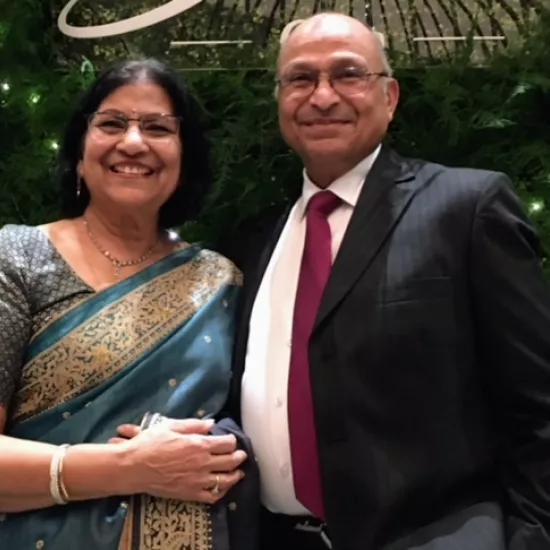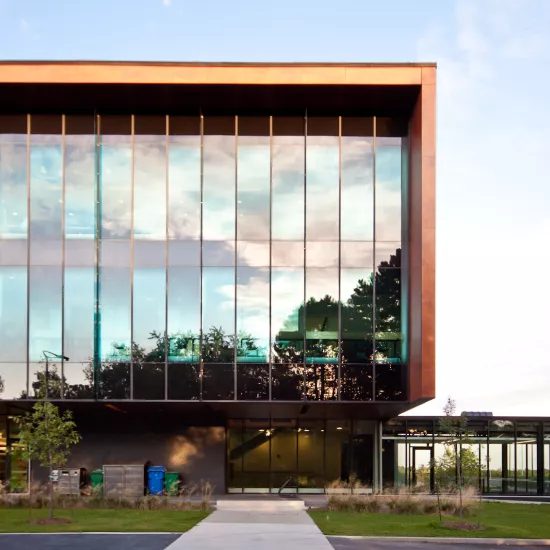On the Fast-Track to Discovery


An experiment in a third-year laboratory research course changed everything for Diaa Abdallah. The University of Toronto Mississauga undergraduate student was exploring ways of inhibiting cancer cell growth when his first test involving a breast cancer cell line triggered cell death.
“That was the transformative moment for me. I applied to graduate school soon after,” Diaa says.
Now a fourth-year PhD candidate working with UTM medicinal chemist Patrick Gunning, PhD, Diaa has shifted his focus from cancer to Duchenne muscular dystrophy (DMD). He is a member of the team that is developing novel HDAC inhibitors custom-designed to target the protein related to DMD. When tested at the cellular level by fellow scientists, including Bilal Saqib, Diaa’s inhibitors have been shown to not just trigger, but amplify the muscle growth that is missing in young people with the fatal genetic disorder.
“This is a new, precise way of targeting the proteins that hasn’t been done before,” Diaa explains. What’s more, the inhibitors he designed appear to bind to the protein indefinitely, which means one dose could offer prolonged effects.
The potential impact of Diaa’s work has him working at an accelerated timeline to bring his discoveries to the clinical arena faster – something that he’s only able to do because of your support. Diaa was awarded Max’s Big Fellowship in 2023. Having a steady stream of award funding means he can forego part-time work and dedicate more time to research.
“Max’s fellowship gives me purpose,” he says. “It brings meaning to the chemistry. This isn’t just about mixing things together and creating a product. The flask in my hands could hold a potential cure. It’s a high honour to do this work and none of it would be possible without your support.”



